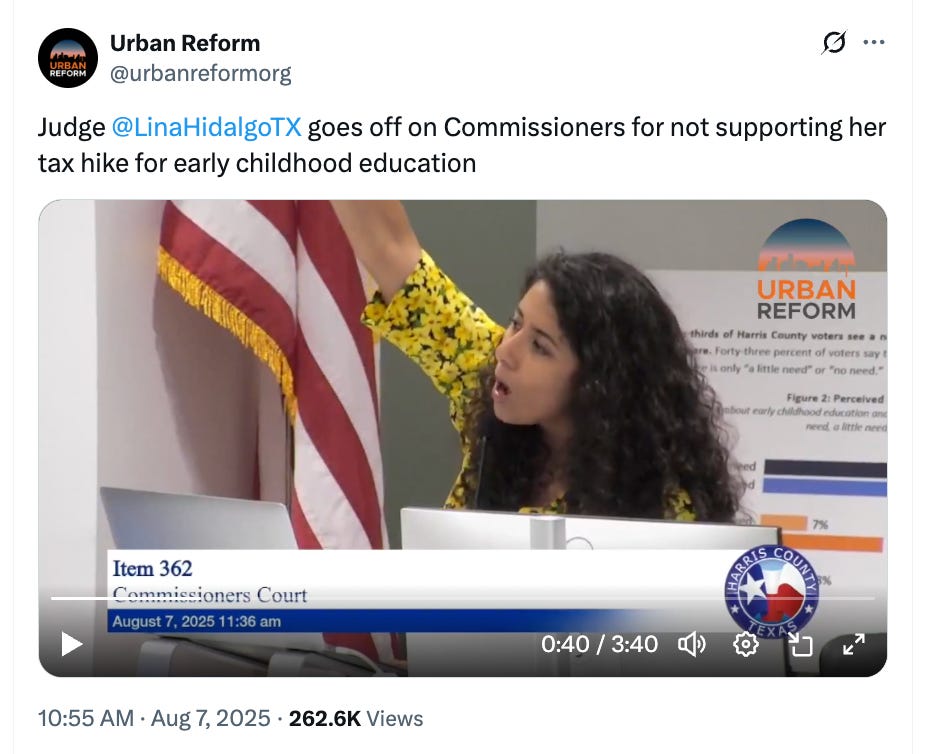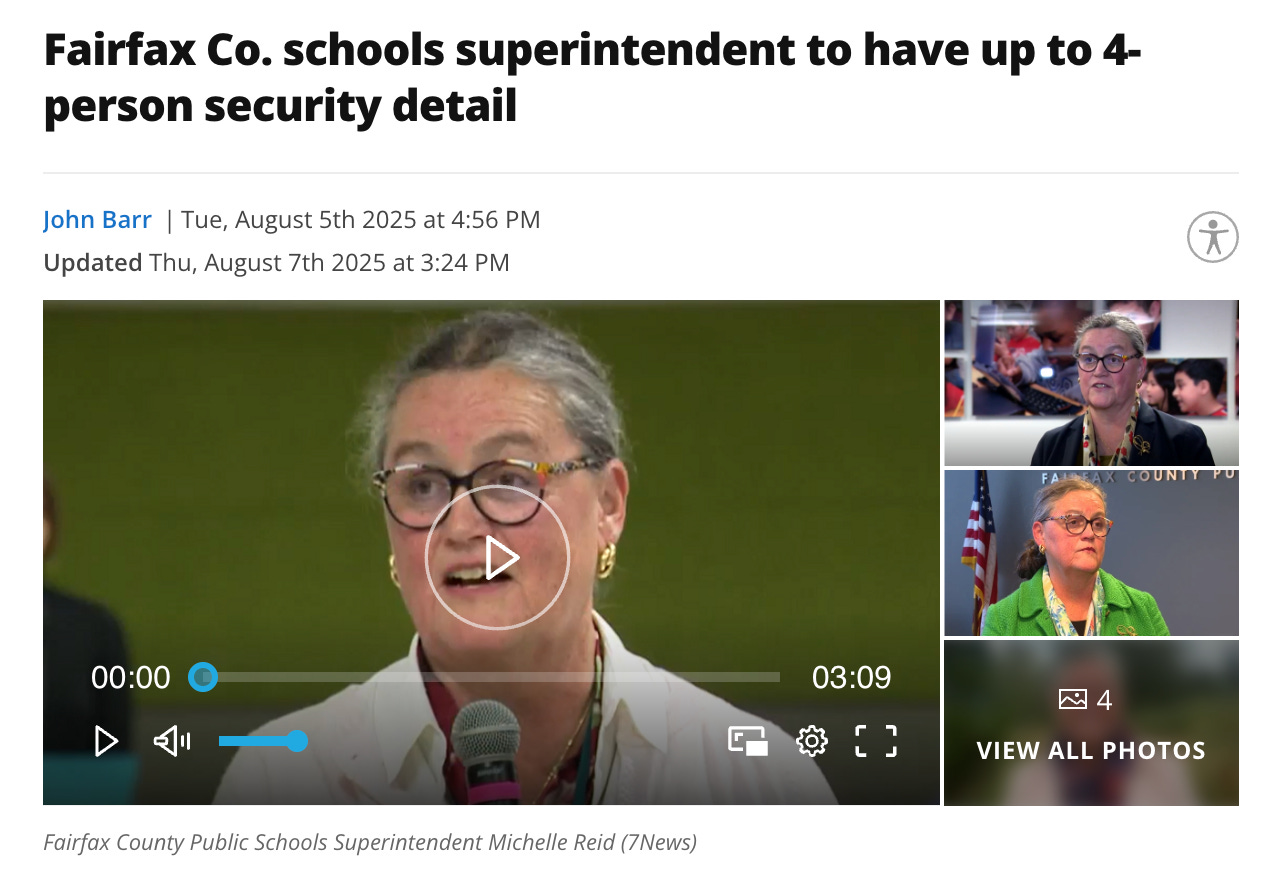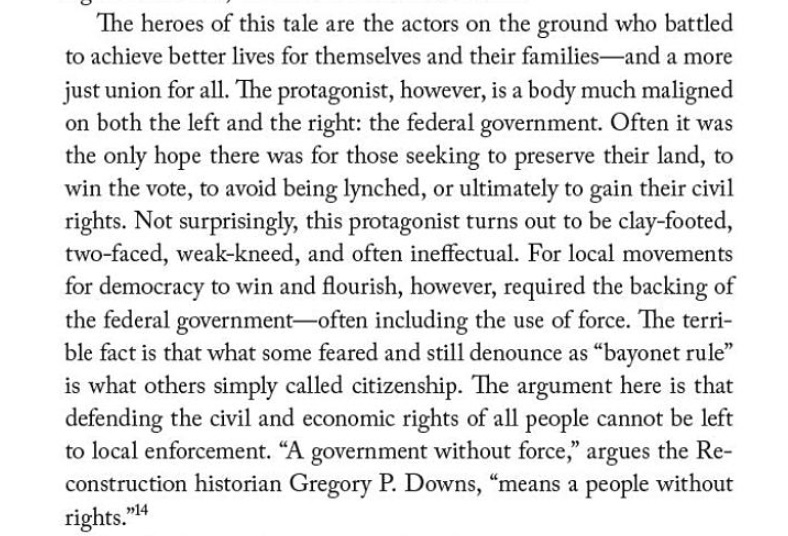The problem of underlying principles and structural assumptions in a moment of profound cultural decay.
Like my old friend James Madison, the core of my understanding of political power is that authority becomes more rational and balanced as it gets closer to the people who are governed. Starting from home in my list of ideological priors, centralized power is usually going to be a steamroller, managed on top-down premises by people you’ve never met; local government, government by neighbors, is usually going to be more adept at listening and adapting. Your mayor is down the block, mowing his lawn. You can wave to him. When I worked at small town newspapers, I’d have breakfast with the city manager and the police chief — mostly so they could threaten to call my editor and have me fired, but still. They were here, right in front of me. I could talk to them. In the town where I’ve lived for a few years, now, I’ve waited at Trader Joe’s for a city councilman in cargo shorts and an old t-shirt to move over so I could get to the ground beef. They aren’t distant autocrats.
Sadly, though, a good few of them turn out to be proximate autocrats, and almost miraculously stupid. The problem with the theory of relatively well-balanced local authority is that some of the biggest goobers I’ve ever met have served on small town city councils and school boards, and your HOA board of literal neighbors makes Mussolini look like a hippie.
[Deleted a video here of an HOA officer being arrested, because it was staged.]
I wrote a quite carefully reported newspaper story about wasted money at a suburban school district, decades ago, that was critical but fair and elaborately sourced. The subsequent conversations I had with the members of the school board made me wonder if they had actual brain damage. No one on earth is more susceptible to psychotic conspiracy theories than small town elected officials, who respond to mild criticism by demanding to know WHO PUT YOU UP TO THIS, WHO ARE YOU REALLY WORKING FOR!?!?!?! WHAT’S YOUR TRUE AGENDA!?!?!?! WHO SENT YOU!?!?!?!? If you ask me for a list of the top ten people I’ve known personally and can’t stand at all, roughly eight of them were elected to local government positions in towns with low-five-figure populations, and I start grinding my teeth at the sound of their names. Wait, no: nine.
This topic is back on my mind this week because of Lina Hidalgo, though a county of five million people may be a bad example of real localism and neighborhood authority. Hidalgo is the county judge — in Texas, the chief executive officer — of Harris County. And she’s mad as a hatter. Click on the link to watch the video, but a tax increase is “not about politics, it’s about kids.” Never heard that one before.
She had a similar meltdown when the county commissioners refused to fund her multi-person security detail for a trip to Paris, which is a very important part of governing a county in Texas.
Large security details are becoming a real thing for local officials. (This is a screenshot; the video below won’t play, but click on the link if you feel the need.)
Making appalling decisions at the head of broken institutions, they respond to criticism by hiring men with guns as a shield against ordinary human contact. Like I said, the mayor is down the block, mowing his lawn, so you can wave to hi—STOP RIGHT THERE, GET ON THE GROUND.
The spirit of the NSBA letter lives on in a thousand local offices, where the problem with running schools is that parents exist, and the problem with running cities is that they have people in them.
Local government has always been a reservoir of Babbittry and provincialism, but we seem to be moving into a new era of late-woke hometown decay. The degrangement of the last decade ran right over the structural impediments. There’s no sorting: all levels are broken in similar ways, on similar narrative maneuvers. In Virginia, a father complaining to his school board about the rape of his daughter in a school bathroom by a boy in a skirt was slammed to the ground and dragged away by the local sheriff’s department for causing public disorder with his criminal transphobia. Stop being a Nazi!
The absolute and unrelenting madness of the New Jacobins, the gender madness plus the medical coercion madness plus the all-immigrants-are-gentle-and-kind-and-deserve-free-everything-forever madness plus whatever other forms of madness I’ve missed because there are so many, has run downhill into institutions that are just right down the street, over there on the corner. A broken culture doesn’t harbor healthy institutions.
Jefferson Cowie is having the same problem, or is having the same problem if he’s in the mood for self-reflection. Cowie, a history professor at Vanderbilt, won the Pulitzer Prize for his book about the inherent wisdom and progressive decency of centralized governmental authority. State and local government is racist and cruel, but aggressive national power opens doors to kindness. George Wallace was a state official who talked about freedom, so federalism and a discourse centered on liberty are tools of domination. (Cowie, explaining structure: “Unlike freedom, democracy requires institutions.”) What’s needed is downward force, hard and centralized power, which makes the world more fair:
Government force is people’s rights. Federal power, growing, gives us better and more equitable lives. Jefferson Cowie in the anti-Chris Bray, the topical application of which would negate us both. We’d collide, and then we’d just vanish into a hole in space-time.
But I wonder often what Jefferson Cowie thinks, as the author of a book about the inherent decency of federal force and the inherent cruelty and backwardness of state and local government, as he watches ICE launch raids on Los Angeles over the objection of the city’s idiot mayor. I mean, look, a government without force is a people without rights.
None of the opening premises are working as advertised. A series of assumptions about structure, built into the founding of the American republic, collapse into meaninglessness if no structural level operates on sane principle. Federalism shelters when states are governed by people who aren’t sociopaths and Jonestownian fashion-suicides. I live in California, so you’ll forgive me for doubting that state government is useful as a reservation for healthy instincts.
I’ve been watching videos from a remarkable thread on the promotional efforts of Boston Children’s Hospital, where warm and kind doctors explained the wonderfully progressive things they do to children’s bodies. Sample screenshots:
Don’t worry, honey, Dr. Mengele is your friend.
I’m doubting that structure matters, right now, but maybe you can talk me out of it. The discussion about systems and organization, born from Montesquieu, is quite clearly encountering its limits. Culture matters first, and when it goes….








I have a hypothesis:
Lack of sense of humor and lack of common sense are tightly correlated.
You can test this hypothesis by going to your local school board meeting or a city council meeting.
Its as sound of a theory as gravity.
On busy days, I delete or decline to click through on other Substackers with regret, wondering what I missed. I never miss a word you’ve written and I never regret it.